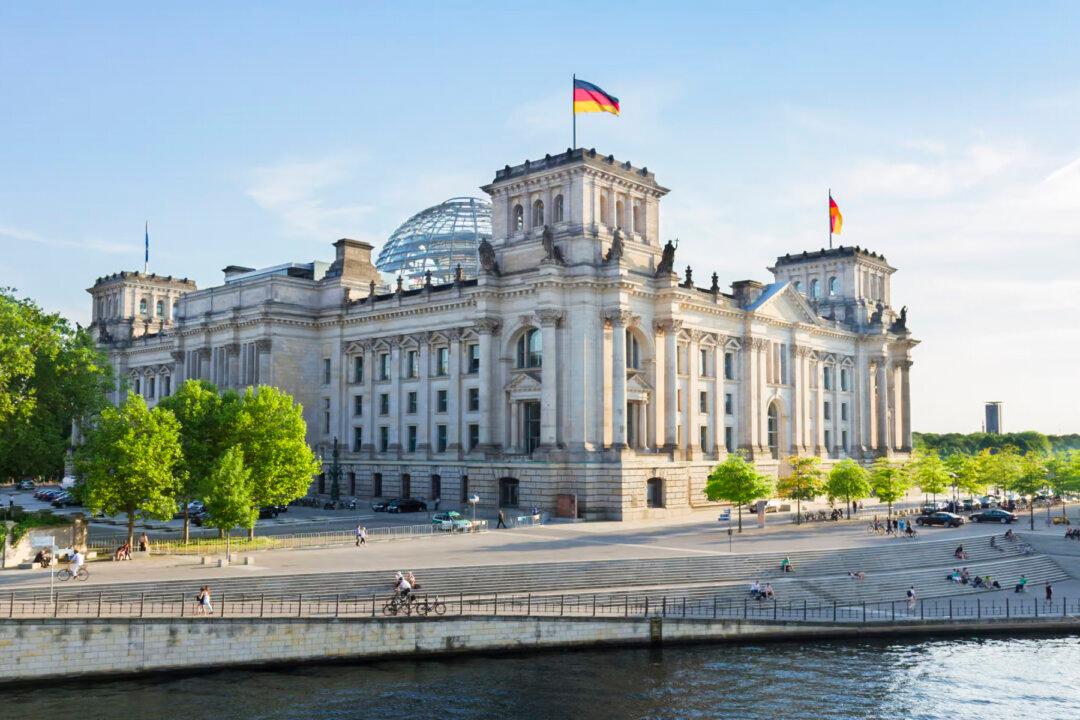The German economy—Europe’s largest—shrank by 0.1 percent in the second quarter of 2024 compared with the previous three-month period, the nation’s statistics office reported on Tuesday.
“After the slight increase in the previous quarter, the German economy cooled down again in spring,” statistics office president Ruth Brand said in a statement.





